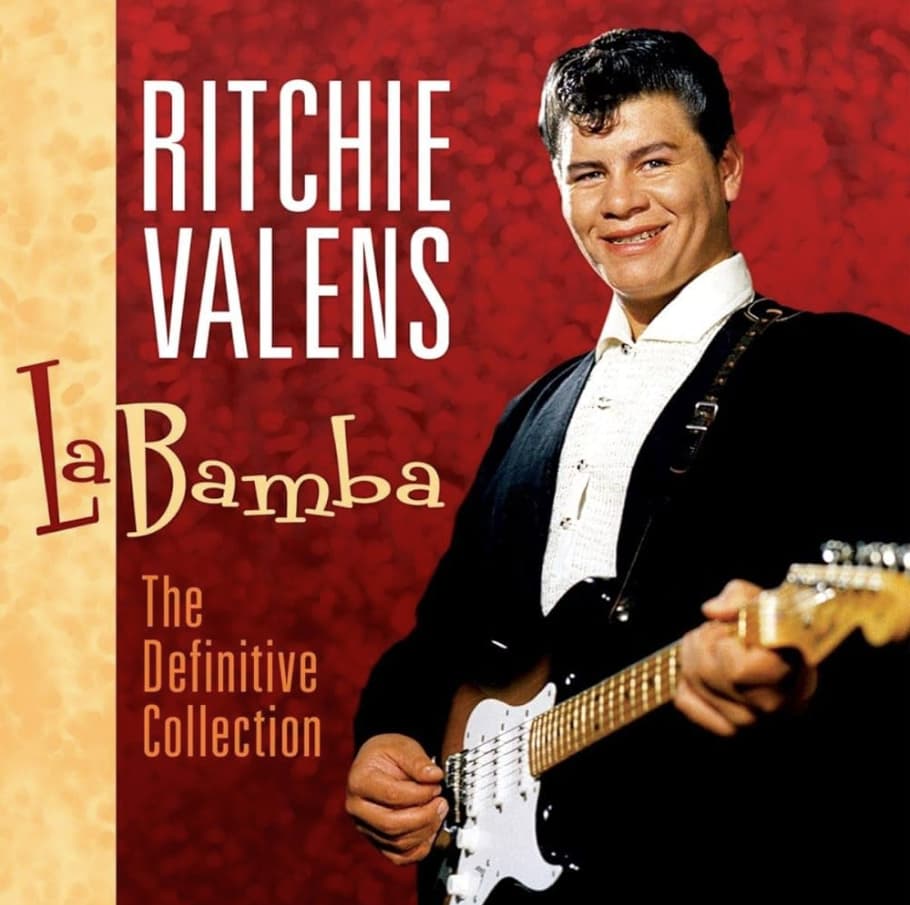
Ritchie Valens and the Timeless Legacy of “La Bamba”
When we think about the golden age of rock and roll, names like Ritchie Valens often come to mind—an artist whose career was tragically cut short but whose impact on music endures. One of his most iconic contributions is his 1958 rendition of the traditional Mexican folk song, “La Bamba.” This song, with its infectious rhythm and cross-cultural appeal, has left an indelible mark on the history of music, bridging the gap between Latin sounds and mainstream American rock.
“La Bamba” originated from Veracruz, a state rich in Mexican musical traditions, and was known for its lively beat and simple, yet captivating, verse-chorus structure. Before Ritchie Valens brought the song to the world stage, it was already a beloved piece of regional folklore. However, it was Valens who infused it with a new energy, blending it seamlessly with the burgeoning rock and roll style of the 1950s. His version was not just a cover but a reimagining, one that introduced the song to a wider audience and secured its place in the pantheon of great American music.
In 1958, “La Bamba” was released as the B-side to Valens’ hit single “Donna,” but it quickly gained its own momentum, climbing the U.S. Top 40 charts. Despite its origins as a B-side, “La Bamba” outshone many A-side singles of the time, proving that language and cultural barriers could be transcended by the universal power of music. This was especially significant during an era when English-language songs dominated the airwaves. The success of “La Bamba” was a testament to Valens’ innovative spirit and his ability to connect with listeners across cultural divides.
The recording of “La Bamba” featured some of the era’s most talented session musicians, including Buddy Clark on string bass, Ernie Freeman on piano, Carol Kaye on acoustic rhythm guitar, René Hall on the Danelectro six-string baritone guitar, and Earl Palmer on drums and claves. Their collaboration resulted in a track that was both rhythmically compelling and musically sophisticated, yet it retained the raw energy that defined early rock and roll.
Despite initial hesitations, Ritchie Valens embraced his Mexican heritage in his music, and “La Bamba” became a celebration of that heritage. It was a bold move at the time, merging traditional Mexican sounds with the rebellious spirit of rock and roll. The song’s impact was recognized long after its release, with Rolling Stone magazine ranking it at number 345 on their list of the 500 Greatest Songs of All Time. Additionally, the song’s cultural significance was further cemented when it was inducted into the Latin Grammy Hall of Fame and the Grammy Hall of Fame.
“La Bamba” remains the only non-English language song included in many prestigious lists of all-time greatest songs, including VH1’s 100 Greatest Songs of Rock and Roll and their 100 Greatest Dance Songs. In 2018, the Library of Congress selected Valens’ version for preservation in the National Recording Registry, highlighting its cultural, historical, and aesthetic significance.
For older generations who lived through the birth of rock and roll, “La Bamba” is more than just a song; it is a symbol of how music can transcend cultural boundaries and bring people together. For newer listeners, it stands as a timeless reminder of Ritchie Valens’ remarkable talent and the enduring power of a great song. Whether you’re revisiting this classic or hearing it for the first time, “La Bamba” continues to resonate, reminding us all of the universal language of music.